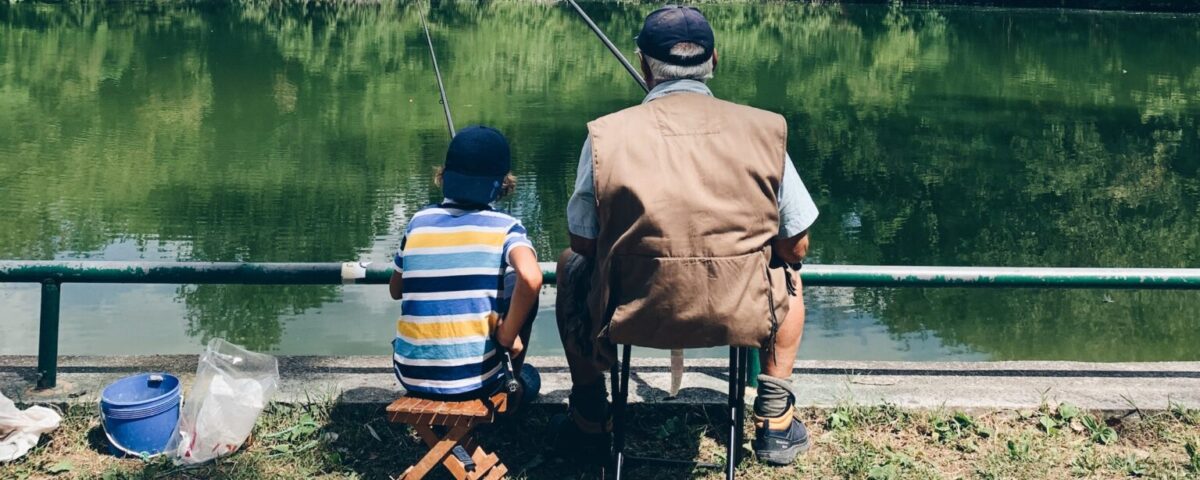
Family Resilience: Flexibility
September 27, 2023
Family Resilience: Planning Ahead
October 11, 2023Family Resilience: Children is the fourth blog in this series. To get caught up, check out Family Resilience, Family Resilience: Communication, and Family Resilience: Flexibility.
Supporting the resilience of your children during difficult times increases the resilience of the whole family now and in the future. To be clear, when I say your children, I mean the children in the families of which you are a part. Anytime a family is stressed the children will be too. Yes, children are adaptable, but this can mean they adapt to negative circumstances with traits that don’t serve them down the road. A dear friend of mine is a trauma survivor and a wise adult. When someone said to her, “At least we know the kids are resilient,” she responded, “The skills that got me through are not the skills that moved me forward as an adult. Let’s give kids the skills they need to survive AND thrive.”
How do we help kids survive and thrive when the family is under stress? Let’s explore a few ways:
Listening and Sharing
Communicate in an age-appropriate manner. Let children know they can ask questions. If a hot topic pops up in the grocery checkout line you can say, “let’s talk about that later.” And then actually talk about it later. Do not overshare, particularly if you are mad at someone they love. When they ask a question clarify what they are actually asking before you say too much. Parents who are divorcing often talk about the past, present, and possible future with kids when all the child is asking is who is sleeping where this week.
Take a moment to check in, “do you have any questions?” Sometimes the only answer you have is, “I don’t know for sure, but we will work together to take care of each other.” If you are an adult family member who is not at the core of the situation, you play an important role by giving a child a chance to talk or interact. This may, or may not, have anything to do with the family stress but lets the child know they are heard and seen.
Emotional Regulation
Provide outlets for emotional regulation. As an adult you may be good at “pulling it together” and “using your words.” This is a lot harder for the very young and for teens. Their brains are wired for emotions over logic. This means that only so much can be processed through talking. Play, movement, art, and music all give outlets for emotional expression. It can be as explicit as stomping out their anger, wiggling away the worries, or dancing with their happy. It can be time at a trampoline park, jumping and playing so all that energy has somewhere to go. Engaging in child-led play allows for communication at a level that reaches beyond mere words. This means you follow the child’s lead. For example, get out art supplies with a child and then follow their lead without trying to teach, direct, or explain. As they create, you create, sharing the time and space.
Routines
Maintain routines as much as possible. Simple routines are comforting. This is why so many people pack their own pillow when going on vacation. It feels and smells familiar, helping your body to relax. Keep basic routines in place such as meals, bath time, and bedtime as much as you can. Adults often skip meals or eat on the run when stressed. Little bodies don’t handle this nearly as well. Expect kids to follow usual rules; this provides a sense of control in a changing world. Where needed,lk,l create new routines after a change and help kids adjust. This increases a sense of safety for the children and provides structure for you as well.
Responsibility
Keep appropriate expectations about responsibility. During a family crisis an older child or teen may “step up” and take on some adult responsibilities. Taking care of others, cooking, housekeeping, etc. This can be vital in the short run and can enhance the young person’s self-confidence. It is not fair, though, if they are left in that role for the remainder of their childhood. There is a big difference between being able to cook and being expected to put dinner on the table no matter what. In a family, it is important that kids be given a balanced role that supports their increasing independence and ability while leaving the full responsibility of the family to adults.
A note about older adults: I have been writing about children, an area in which I have a lot of experience. I am new to dealing with dementia in a family member, but am finding many of the same ideas apply. Clarifying the worry at the heart of a question often allows for a simple answer that is understandable. Music and movement are a way to express emotions when words are hard to find. A predictable routine reduces anxiety and confusion. Reasonable expectations reduce everyone’s sense of frustration.
Helping children, and older adults, be resilient during stressful times promotes resilience in the whole family. Communicating clearly with children and inviting their input teaches communication, and also clearly demonstrates their individual worth. Joining them in creative emotional regulation helps everyone feel better and models self-care. Establishing and following daily routines creates safety and demonstrates intentional living in the midst of change. Being clear about expectations gives family members credit for their strengths and demonstrates boundaries around expectations. All of this gets you through the current crisis and sets you and the children up for thriving in the future.
Peace,
Laura A. Gaines
To learn more, explore learnmodelteach.com for tools, videos, and coaching opportunities.





